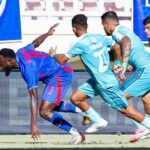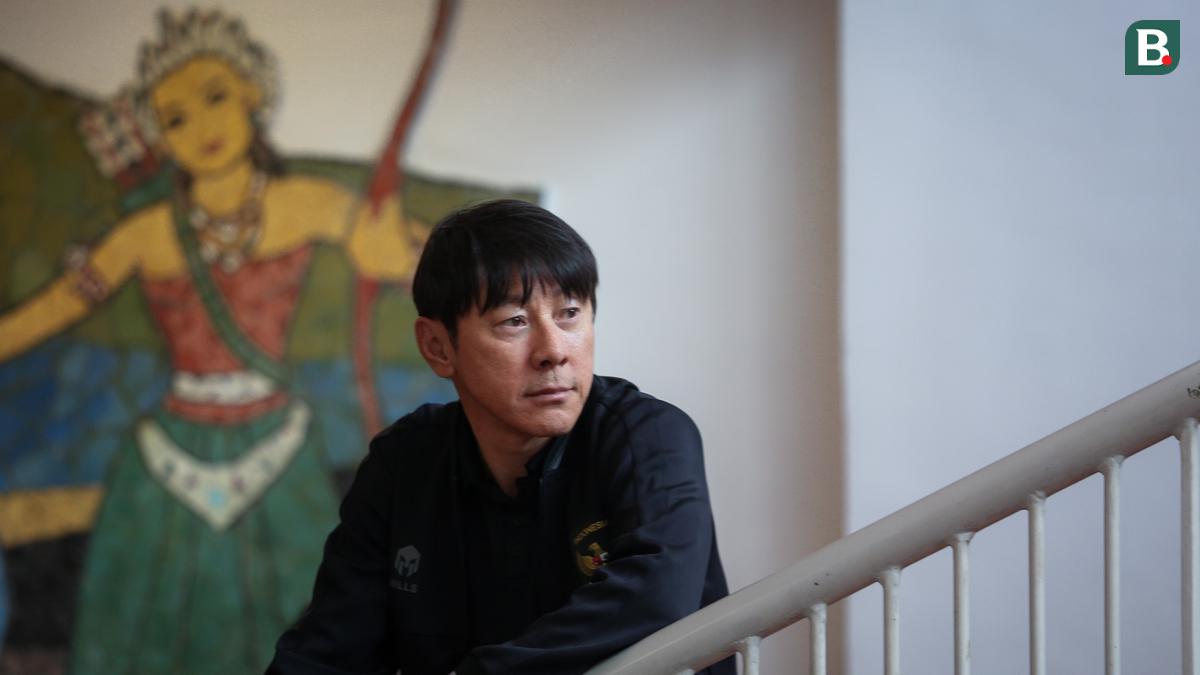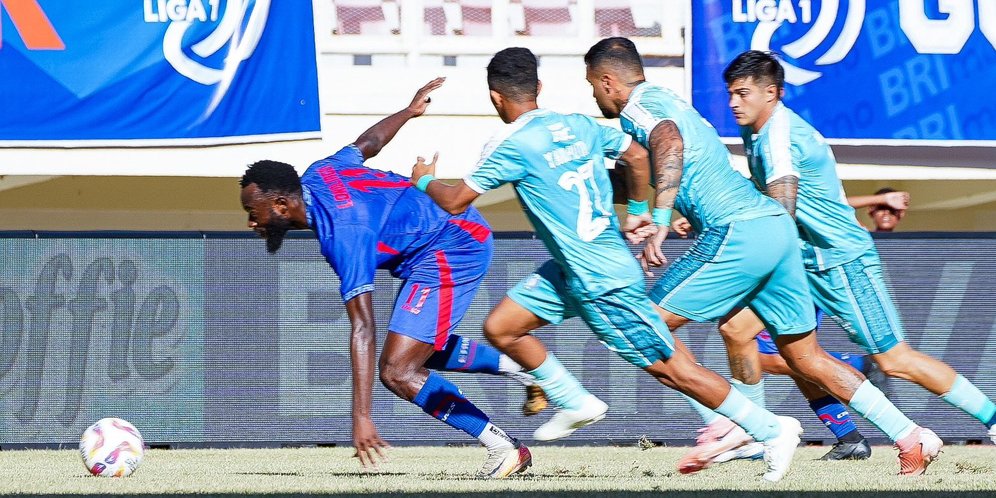Shin Tae-yong recently made headlines when he expressed his happiness and satisfaction with his role as the head coach of the Indonesian national football team. Drawing comparisons to the legendary Guus Hiddink and his time with the South Korean national team, many wonder what Shin’s statement truly means for Indonesian football.
When Guus Hiddink took charge of the South Korean national team in 2001, he revolutionized Korean football and left an indelible mark on the sport in the country. Under his guidance, the team achieved unprecedented success, reaching the semi-finals of the 2002 FIFA World Cup. Hiddink’s impact extended beyond the tournament, as he instilled a winning mentality and a sense of unity among the players and the nation as a whole.
Now, Shin Tae-yong, a former player under Hiddink’s tutelage, finds himself in a similar position as the head coach of the Indonesian national team. His recent statement about finding happiness in his role and drawing parallels to Hiddink’s time with South Korea raises the question of whether Shin can replicate the success of his mentor.
One key aspect that Shin shares with Hiddink is his ability to connect with the players and create a harmonious team atmosphere. Hiddink famously created a family-like bond among the South Korean players during the 2002 World Cup. He focused on building trust and unity, allowing the team to overcome their underdog status and achieve remarkable results.
Shin seems to be adopting a similar approach with the Indonesian national team. He has expressed his satisfaction with the players’ commitment and their willingness to learn and improve. By fostering a positive environment and instilling a sense of togetherness, Shin aims to create a strong foundation for success.
Another parallel between Shin and Hiddink lies in their tactical acumen. Hiddink’s innovative tactics and strategies played a crucial role in South Korea’s success in 2002. Similarly, Shin has been implementing his own ideas and adapting his tactics to suit the Indonesian team’s strengths and weaknesses.
Shin’s statement about finding happiness in his role may also indicate his contentment with the level of support and resources provided to him by the Indonesian Football Association (PSSI). Hiddink, during his time with South Korea, received immense support from the Korean government and the football association, which allowed him to focus solely on the team’s preparation and development.
For Shin to replicate Hiddink’s success, it is vital that the PSSI continues to provide him with the necessary support and resources. This includes investing in youth development programs, improving infrastructure, and ensuring a stable and professional environment for the national team.
While it is too early to predict the exact trajectory of Shin’s tenure with the Indonesian national team, his statement about finding happiness and drawing comparisons to Hiddink’s time with South Korea is certainly promising. The success of the Indonesian team will depend on various factors, including the players’ dedication, the support from the football association, and Shin’s ability to translate his ideas into tangible results on the pitch.
Shin Tae-yong’s journey with the Indonesian national team is still unfolding, and only time will tell if he can emulate the success of his mentor, Guus Hiddink. However, his positive outlook and commitment to creating a cohesive and winning team bode well for Indonesian football. With the right support, Shin has the potential to leave a lasting legacy and elevate Indonesian football to new heights, just as Hiddink did for South Korea.






